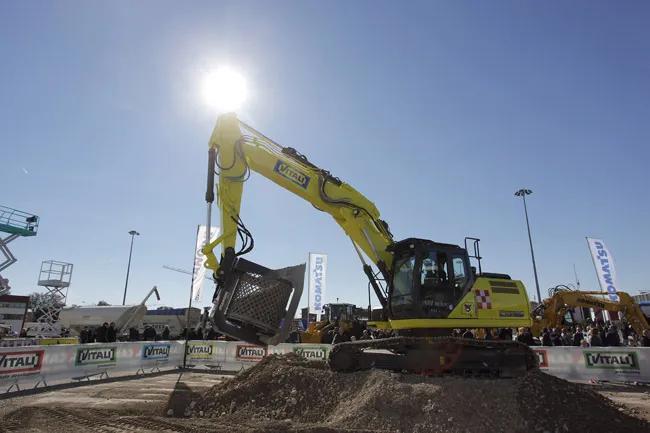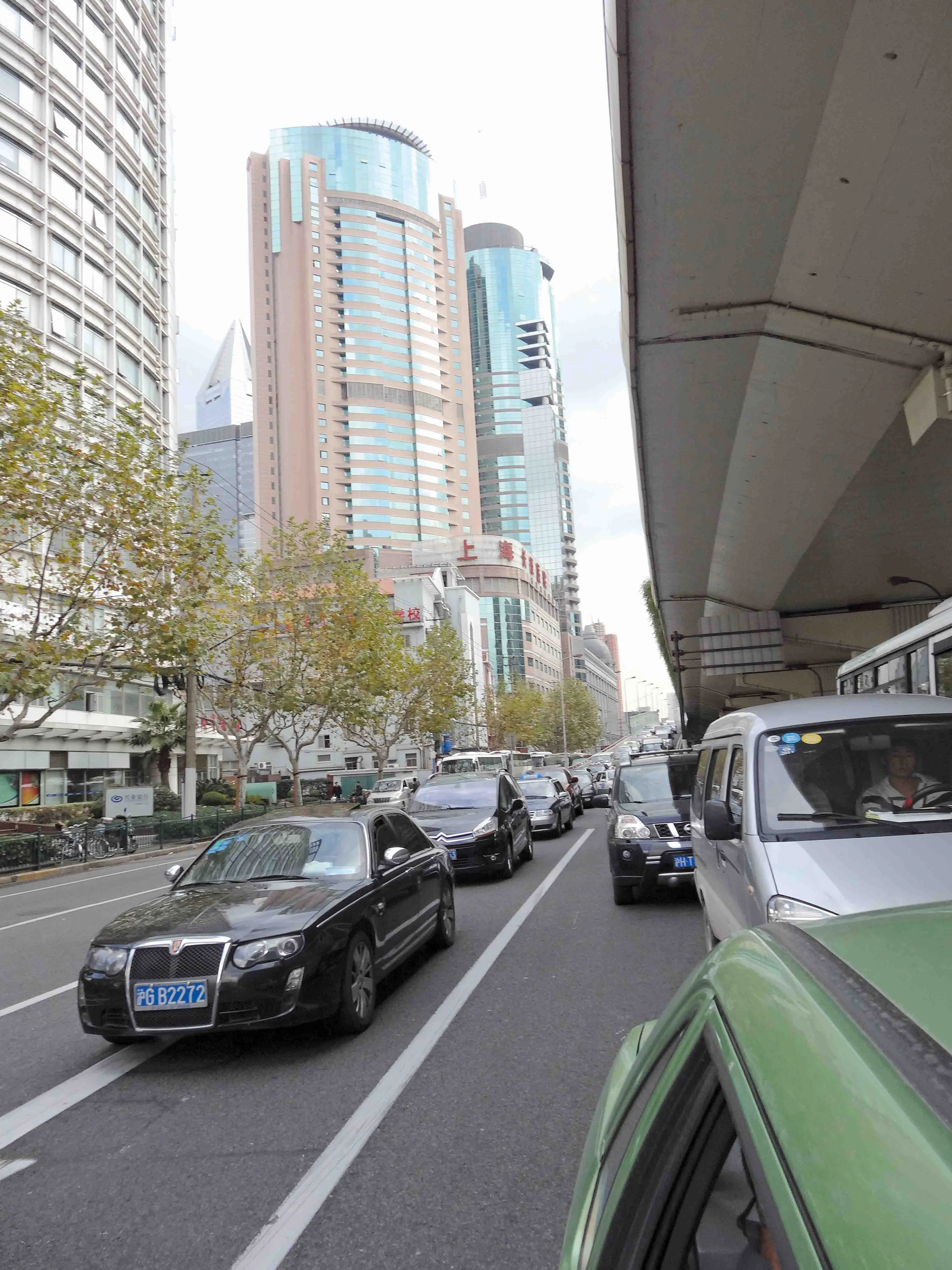Speed radars in France reportedly recorded just over 2.82 million speeding motorists between 1 July and 15 August 2013, as opposed to just over 3.49 million during the same period of 2012.
Fixed radars caught an average of 20 offenders a day in the summer of 2013, down from 27 in 2012. On-board radars caught 15 offenders per day, down from 19 in 2012. The number of radars went from 3,105 to 3,262 in one year. A decrease in speeds on roads (which also lowered mortality by 5.7% in July 2013) and in increas
August 27, 2013
Read time: 1 min
Speed radars in France reportedly recorded just over 2.82 million speeding motorists between 1 July and 15 August 2013, as opposed to just over 3.49 million during the same period of 2012.
Fixed radars caught an average of 20 offenders a day in the summer of 2013, down from 27 in 2012. On-board radars caught 15 offenders per day, down from 19 in 2012. The number of radars went from 3,105 to 3,262 in one year. A decrease in speeds on roads (which also lowered mortality by 5.7% in July 2013) and in increase in the number of radars that are out of service (which is now around 10%) due to vandalism or breakdowns are seen as the two biggest factors behind the welcome drop in speeding offences.
Fixed radars caught an average of 20 offenders a day in the summer of 2013, down from 27 in 2012. On-board radars caught 15 offenders per day, down from 19 in 2012. The number of radars went from 3,105 to 3,262 in one year. A decrease in speeds on roads (which also lowered mortality by 5.7% in July 2013) and in increase in the number of radars that are out of service (which is now around 10%) due to vandalism or breakdowns are seen as the two biggest factors behind the welcome drop in speeding offences.








